JourneyPure - Women's Center

Overview
JourneyPure - Women's Center is an accredited substance abuse treatment center that provides inpatient and outpatient detoxification, for men from 18+ years of age. As part of their special programs, JourneyPure - Women's Center treats clients with co-occurring mental and substance use disorders, veterans, and active duty military. To help patients achieve sobriety, JourneyPure - Women's Center provides treats alcohol detoxification, benzodiazepines detoxification, and cocaine detoxification.. Afterward, patients receive cognitive behavioral therapy, telemedicine/telehealth therapy, and substance use disorder counseling during treatment. JourneyPure - Women's Center is located in Knoxville, Tennessee, providing treatment for people in Knox County, accepting cash or self-payment, medicaid, and state-financed health insurance plan other than medicaid.
JourneyPure - Women's Center at a Glance
Payment Options
- Cash or self-payment
- Medicaid
- State-financed health insurance plan other than Medicaid
- Private health insurance
- Federal military insurance (e.g., TRICARE)
Assessments
- Screening for tobacco use
- Comprehensive mental health assessment
- Comprehensive substance use assessment
- Interim services for clients
- Outreach to persons in the community
Age Groups
- Young adults
- Adults
Ancillary Services
- Case management service
- Suicide prevention services
- Mental health services
- Social skills development
- Transportation assistance
Highlights About JourneyPure - Women's Center
7.54/10
With an overall rating of 7.54/10, this facility has following balanced range of services. Alcohol Rehabilitation: 8.00/10, Drug Rehab and Detox: 7.85/10, Insurance and Payments: 6.27/10, Treatment Options: 8.06/10.-
Treatment Options 8.06
-
Alcohol Rehabilitation 8.00
-
Drug Rehab and Detox 7.85
-
Insurance and Payments 6.27
Accreditations
State mental health department:
State mental health department accreditation refers to the process of evaluating and certifying the quality and standards of a state's mental health department, ensuring that it provides high-quality services and meets specific criteria for mental health care. The accreditation process is performed by a third-party organization and helps to improve the overall care and treatment of individuals with mental health conditions.
NAATP:

The National Association of Addiction Treatment Providers (NAATP) accreditation for addiction and behavioral health is a recognized and respected certification that signifies a treatment center's commitment to delivering high-quality services in the field of addiction and behavioral health. It serves as an assurance of compliance with industry standards and best practices, ensuring that individuals seeking help receive effective and ethical care. Accreditation from NAATP demonstrates a facility's dedication to maintaining rigorous standards, fostering accountability, and prioritizing the well-being and recovery of its clients.
State department of health:

Government agencies issue State Licenses, granting permission to rehabilitation organizations to conduct their business operations lawfully within specific geographic regions. Generally, the particular rehabilitation programs offered by a facility and its physical location dictate the necessary licenses needed for legal operation.
Registration: 19982
Commission on Accreditation of Rehabilitation Facilities (CARF):

Established in 1966, the non-profit organization known as the Commission on Accreditation of Rehabilitation Facilities (CARF) has a dedicated focus on accrediting rehabilitation organizations. CARF's primary mission is to assist service providers, particularly rehabilitation facilities, in upholding and promoting the highest standards of care.
Treatment At JourneyPure - Women's Center
Treatment Conditions
- Alcoholism
- Mental health treatment
- Substance use treatment
- Co-occurring Disorders
Care Levels
- Hospital inpatient treatment
- Outpatient
- Short-term residential
- Residential detoxification
- Outpatient day treatment or partial hospitalization
Treatment Modalities
- Cognitive behavioral therapy
- Telemedicine/telehealth therapy
- Substance use disorder counseling
- Trauma-related counseling
- Smoking/vaping/tobacco cessation counseling
Ancillary Services
Additional Services
- Pharmacotherapies administered during treatment
- Mentoring/peer support
- Breathalyzer or blood alcohol testing
Special Programs
- Clients with co-occurring mental and substance use disorders
- Veterans
- Active duty military
- Members of military families
- Clients who have experienced trauma
Get Help Now
Common Questions About JourneyPure - Women's Center
Contact Information
Other Facilities in Knoxville

7.40

7.16
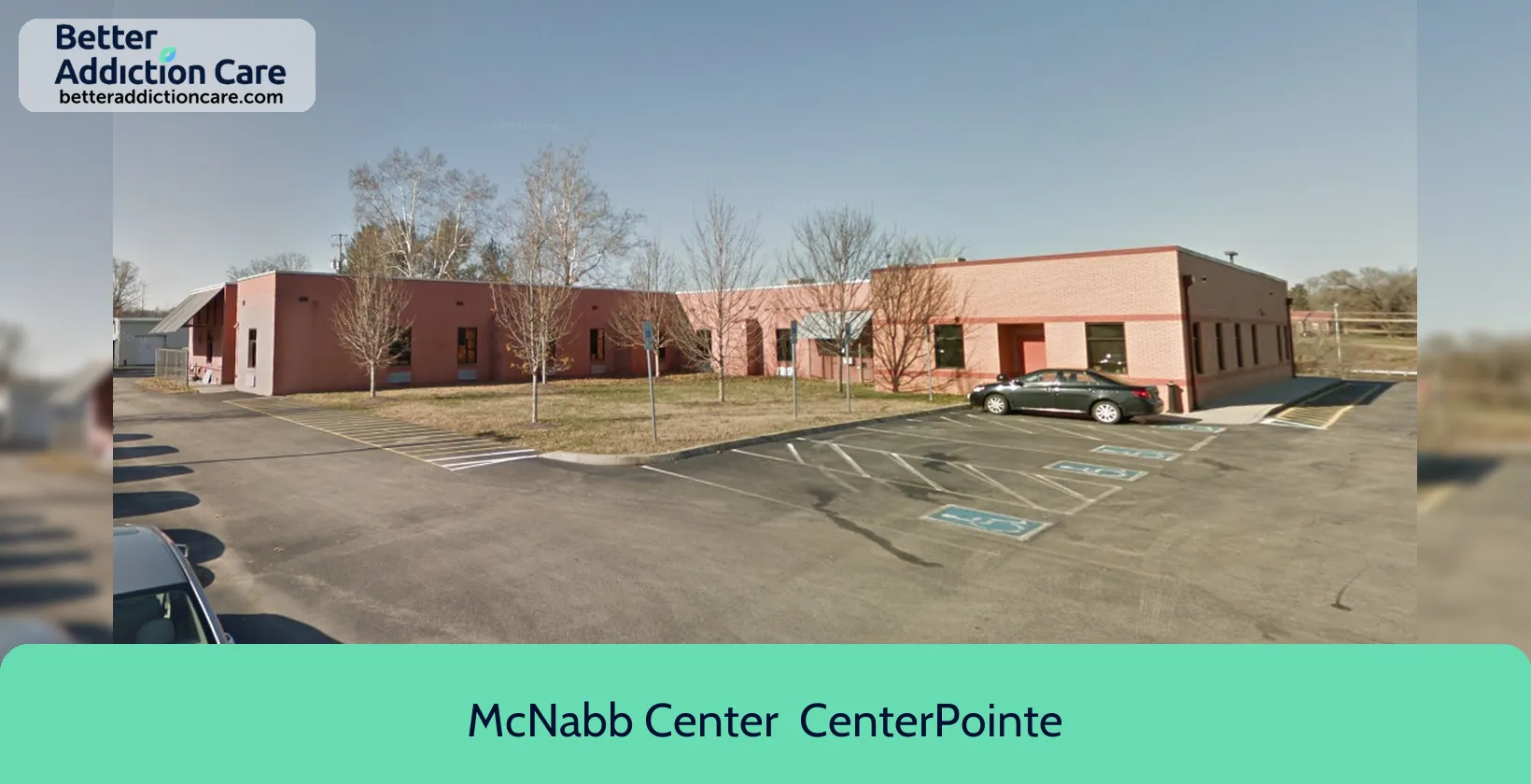
7.19
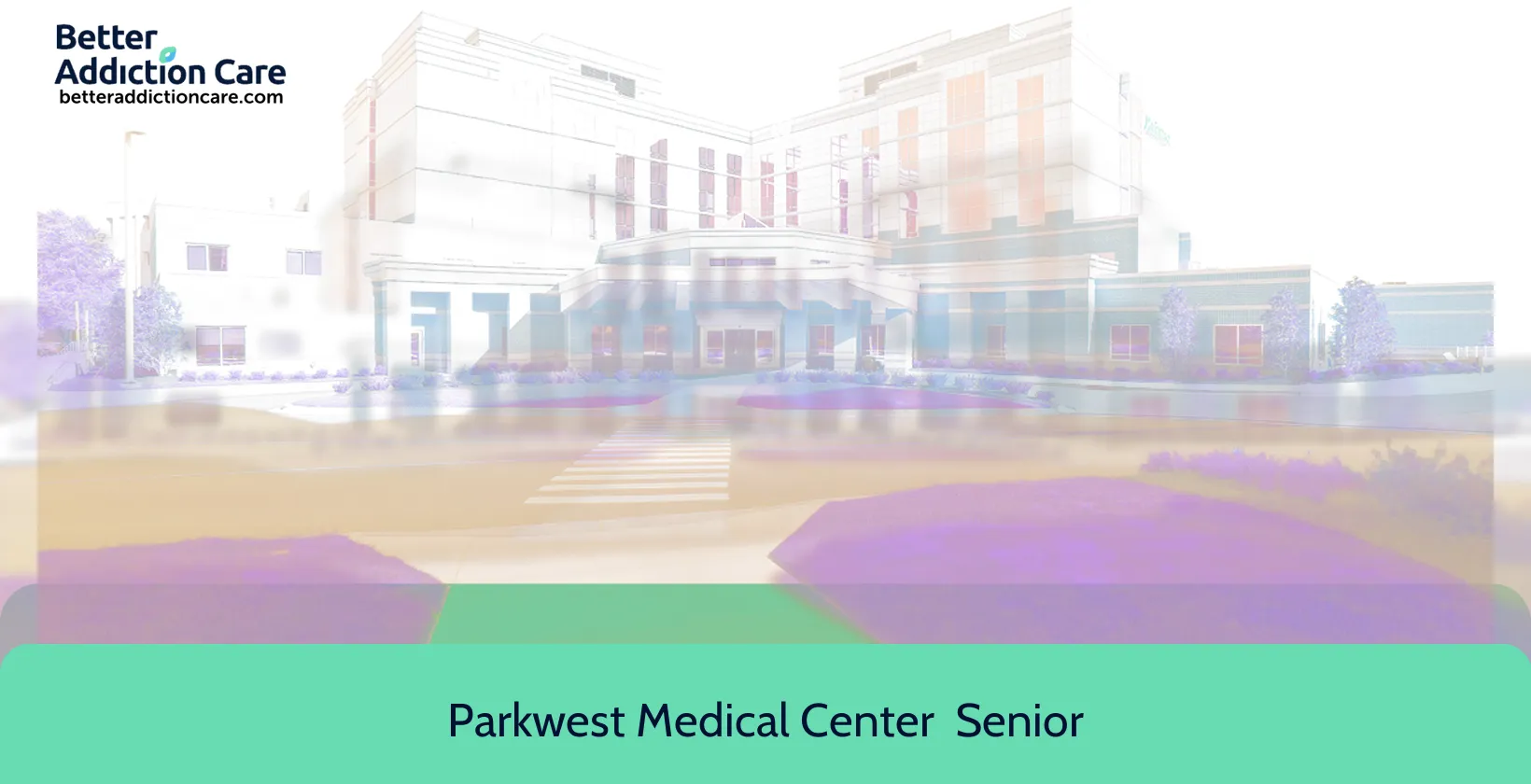
6.71
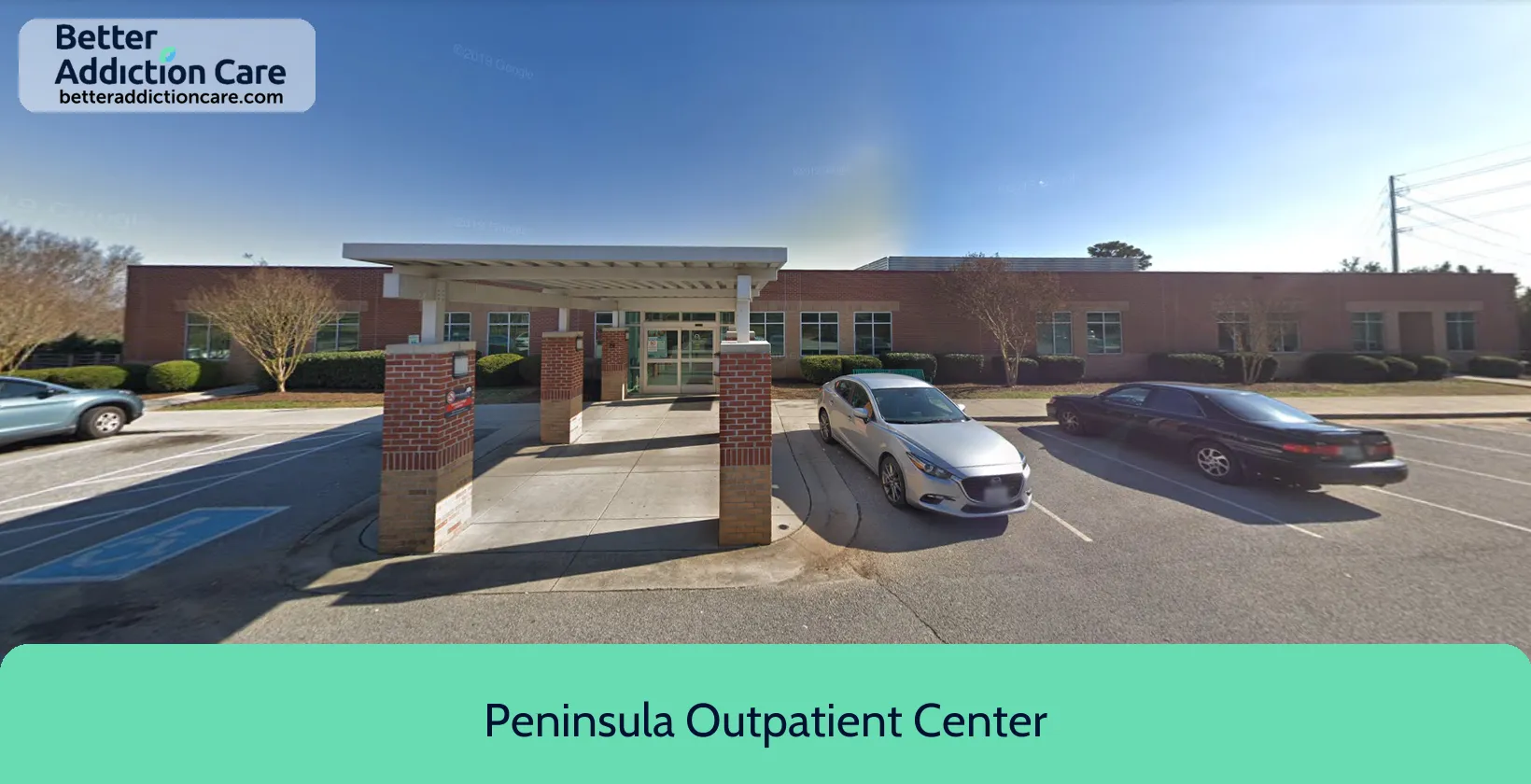
7.40

6.59
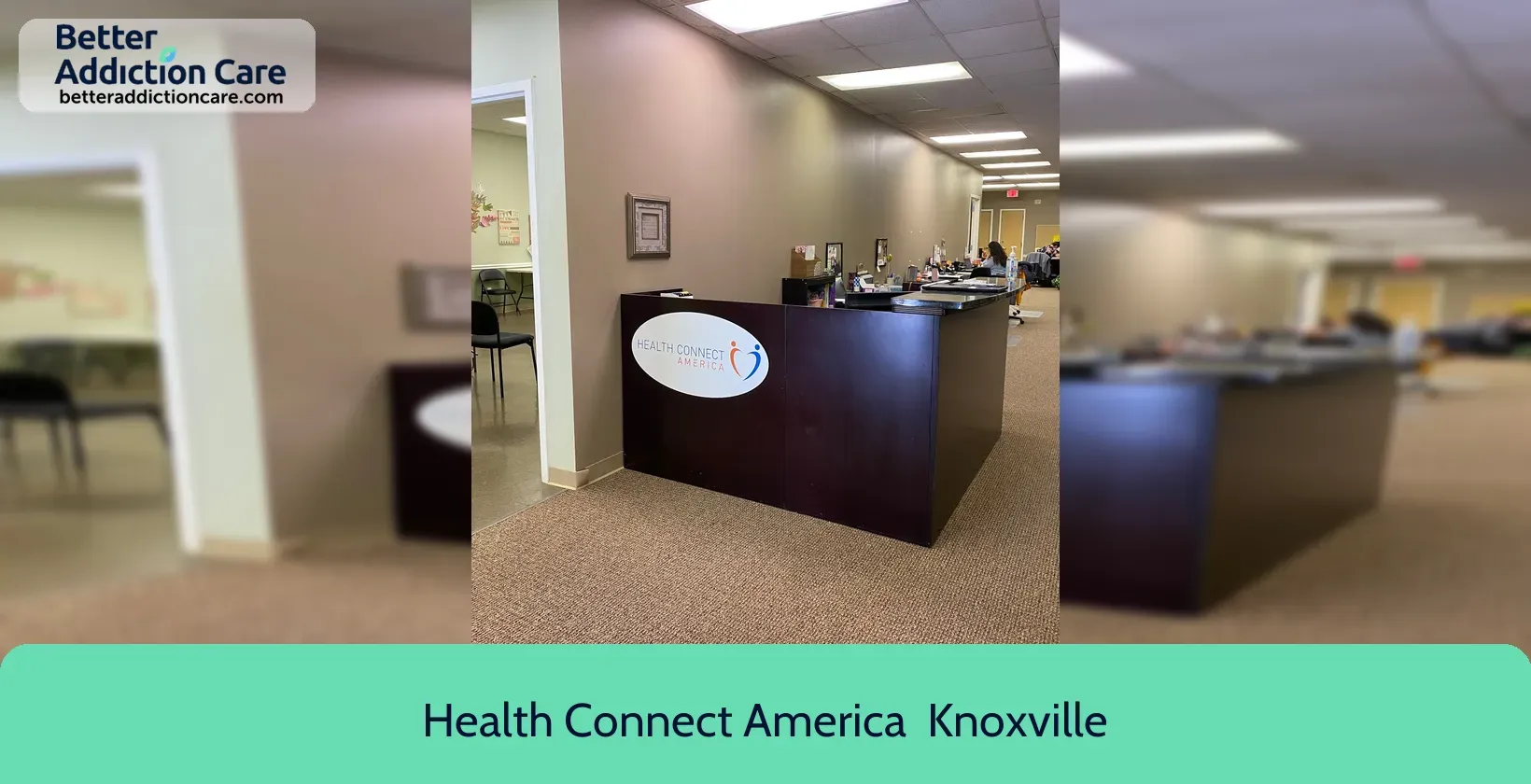
6.89
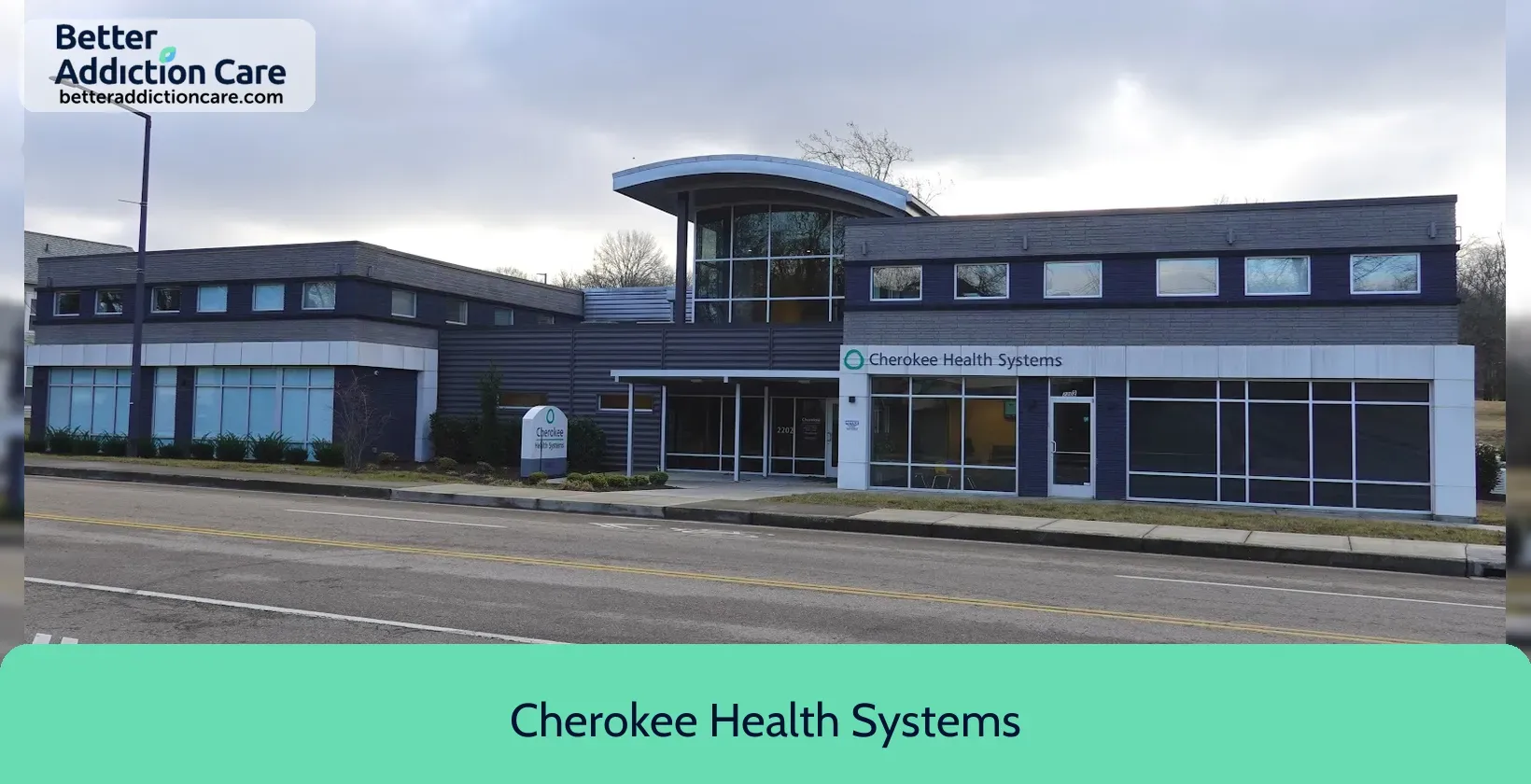
7.40
DISCLAIMER: The facility name, logo and brand are the property and registered trademarks of Cherokee Health Systems, and are being used for identification and informational purposes only. Use of these names, logos and brands shall not imply endorsement. BetterAddictionCare.com is not affiliated with or sponsored by Cherokee Health Systems.
